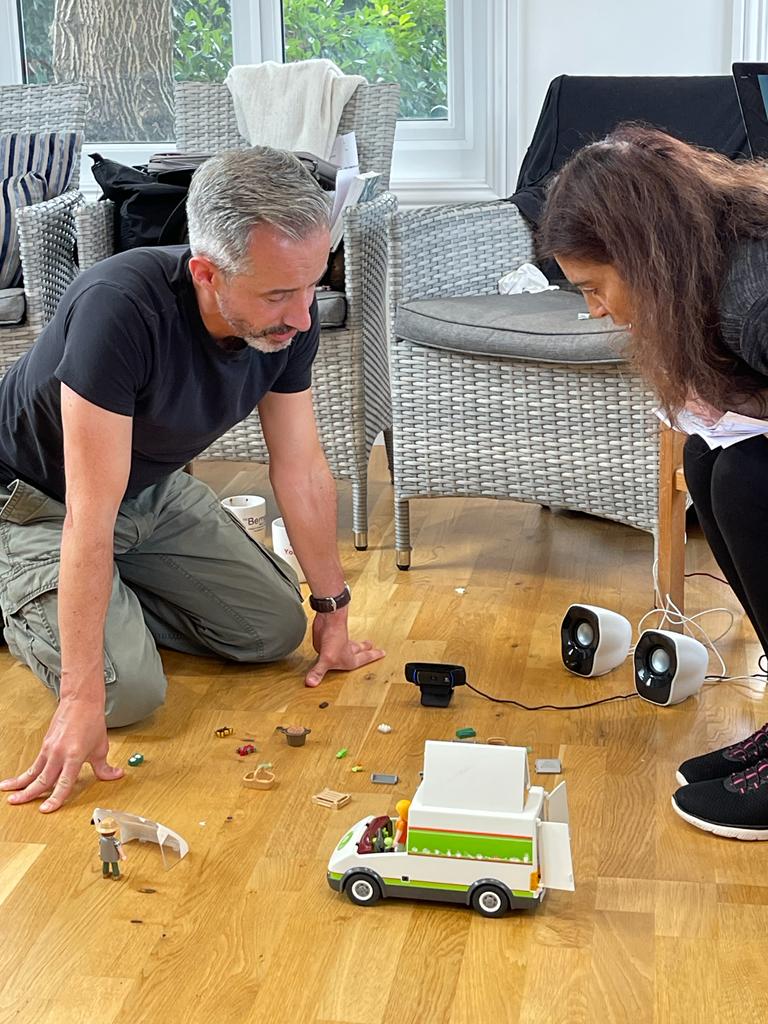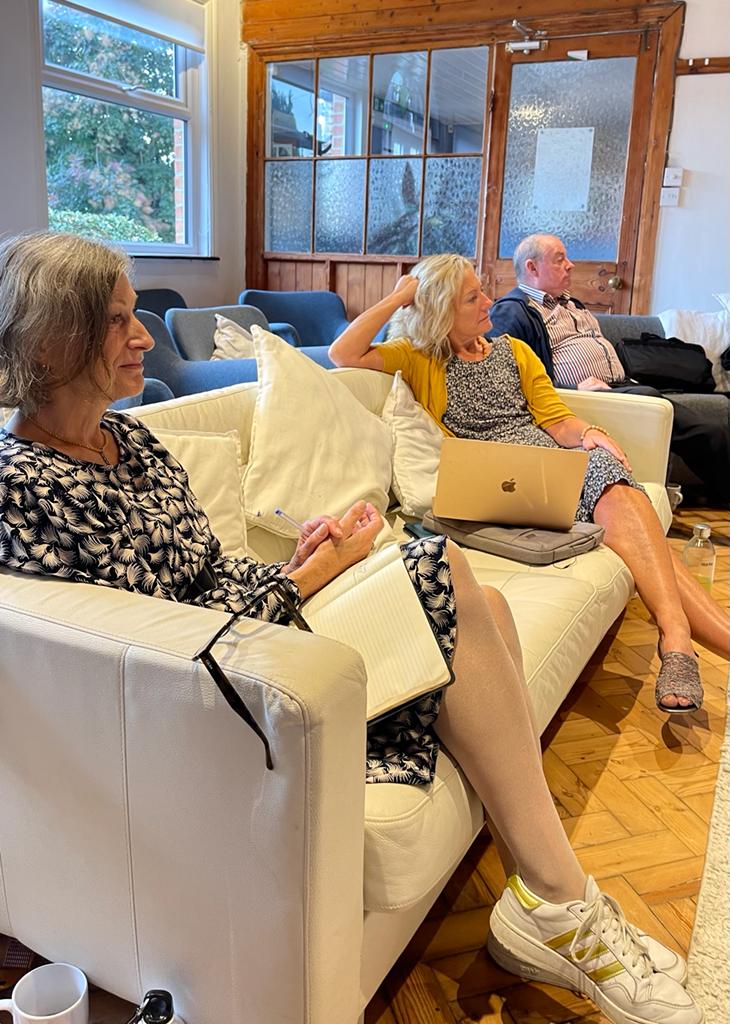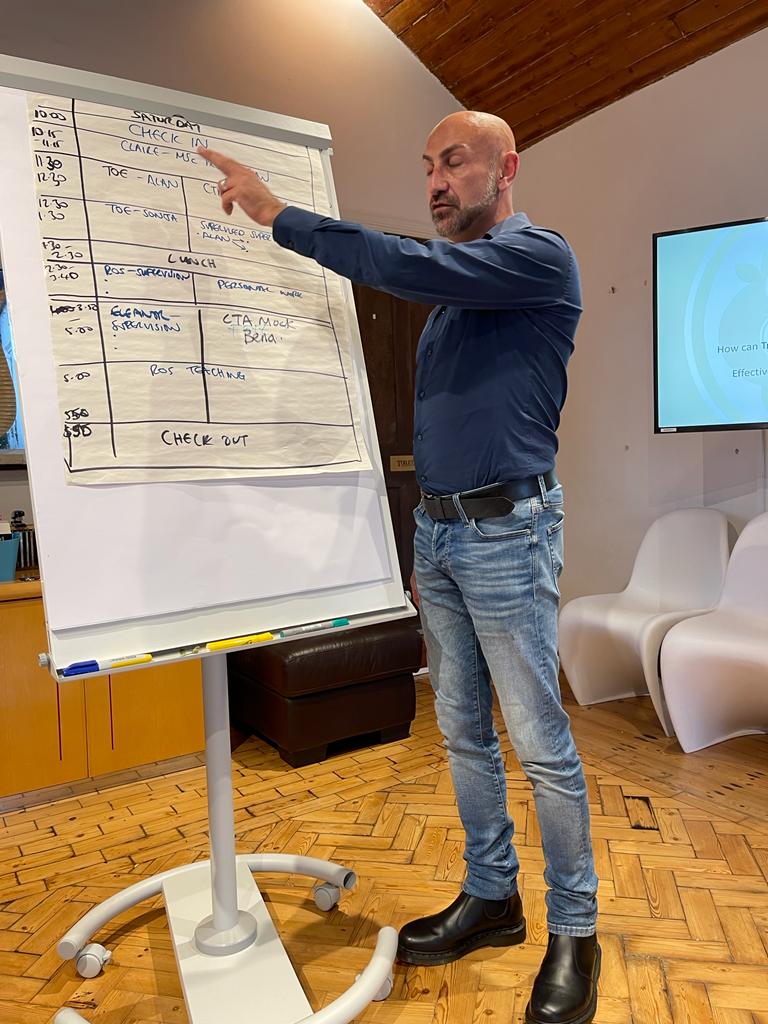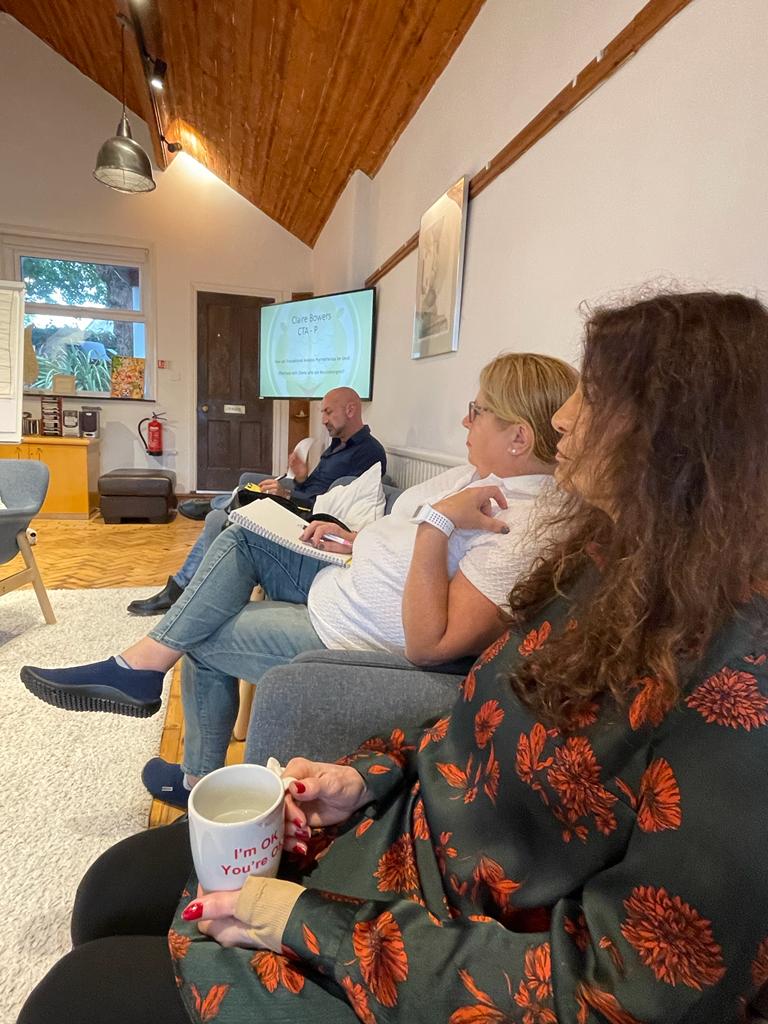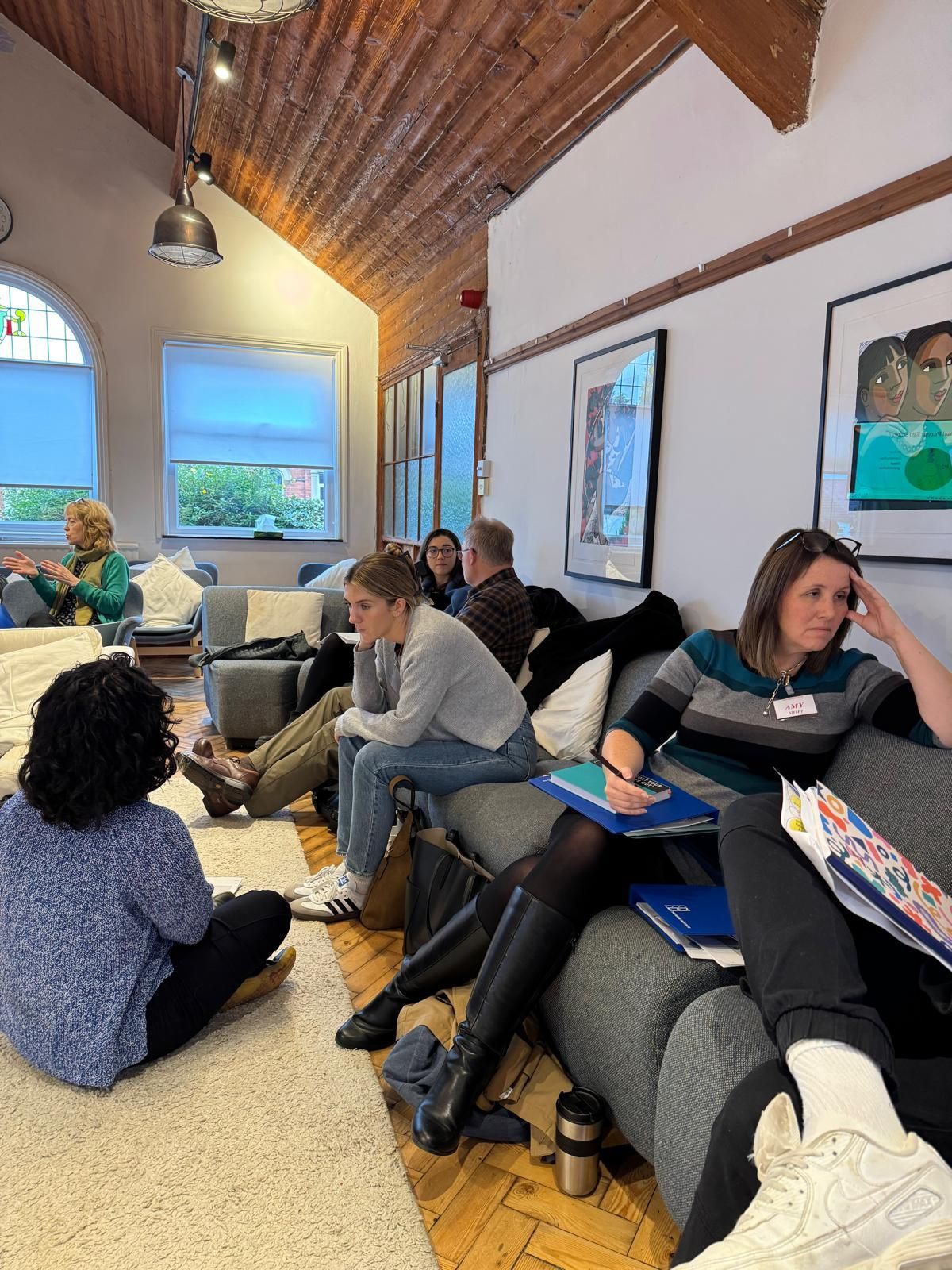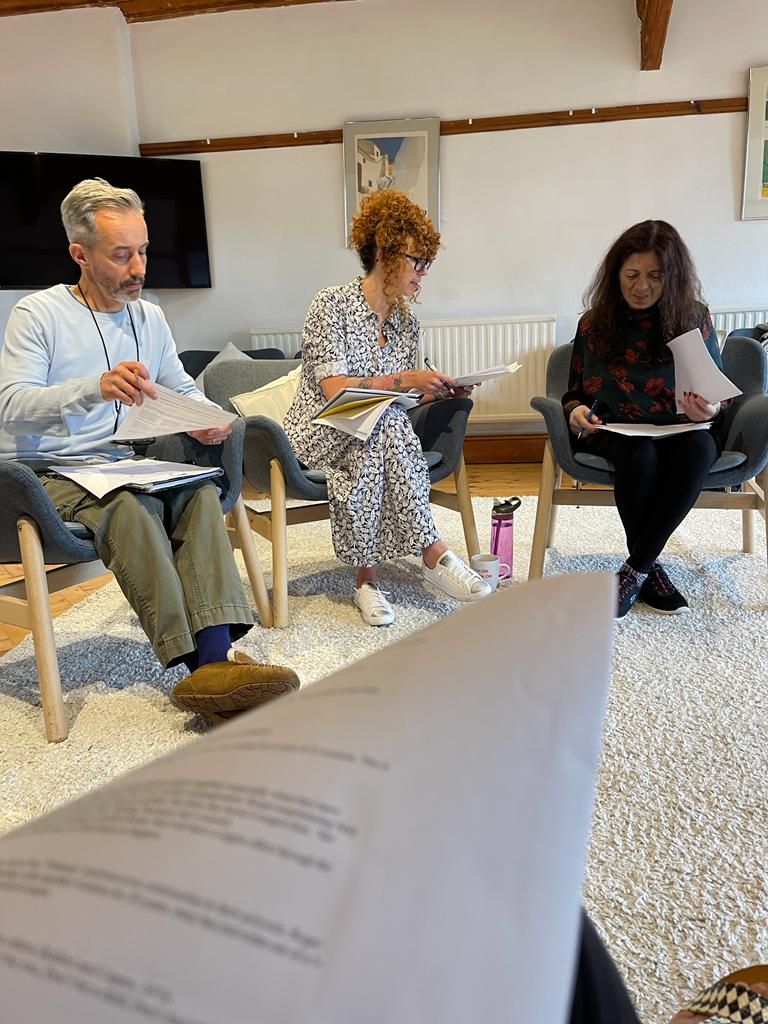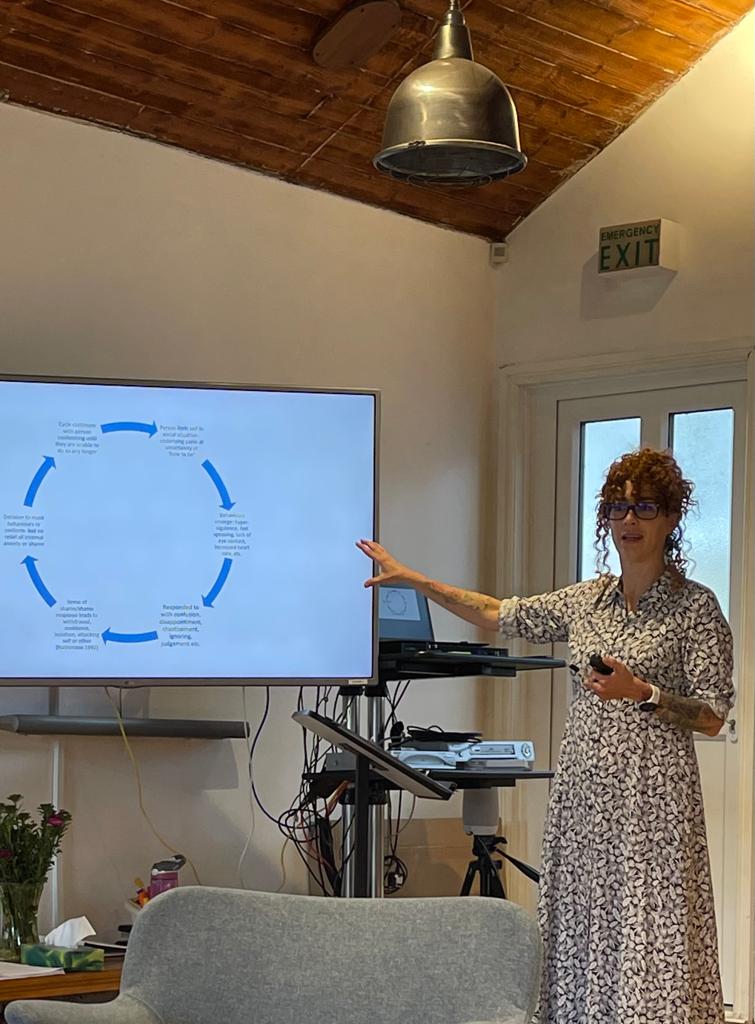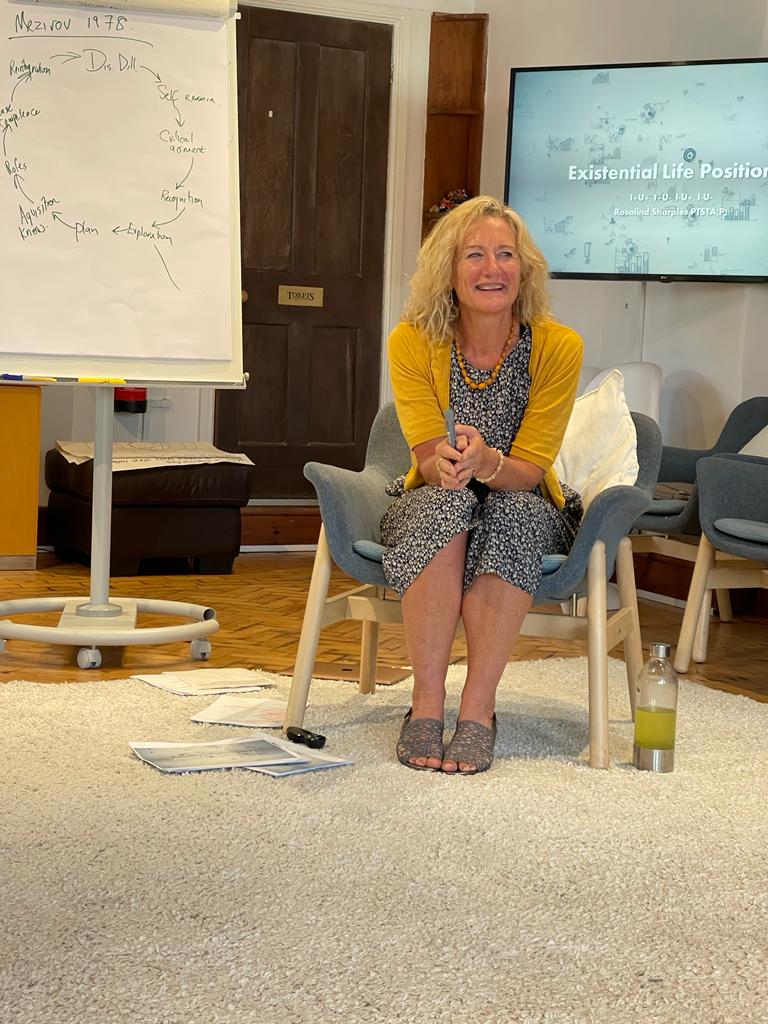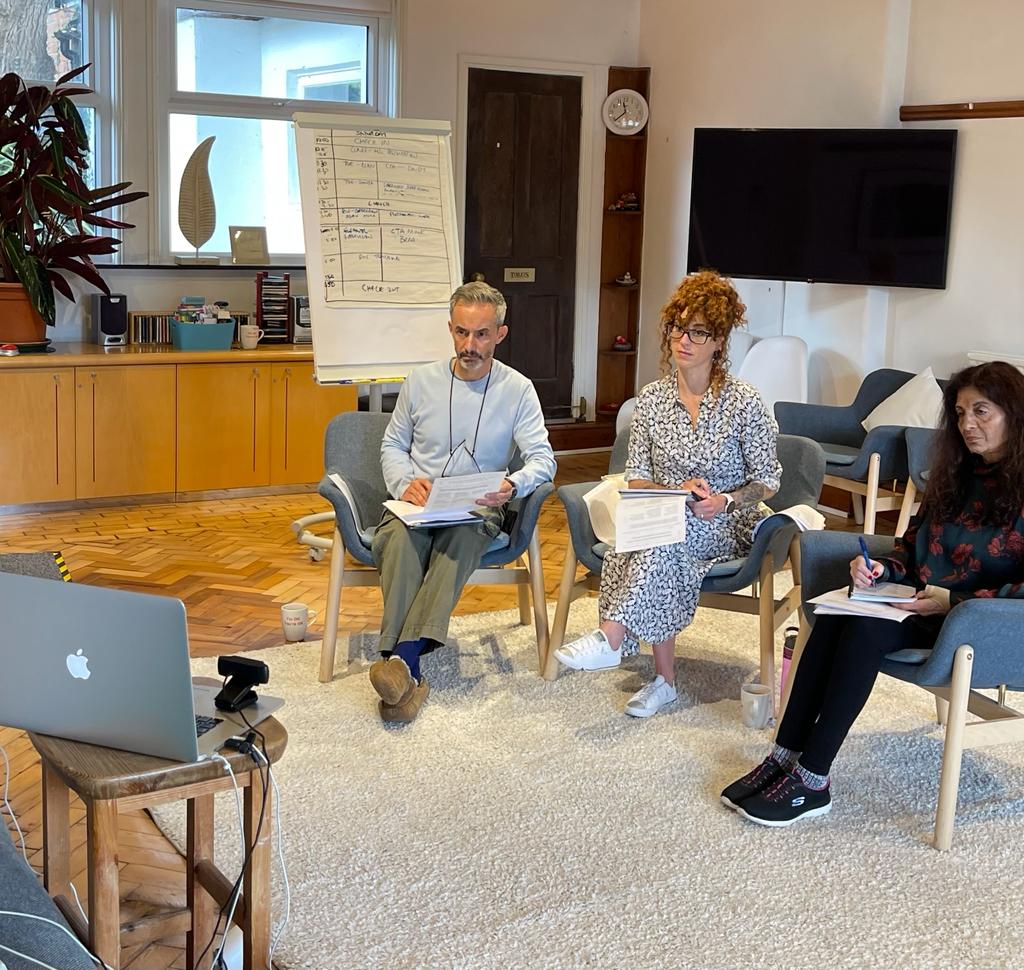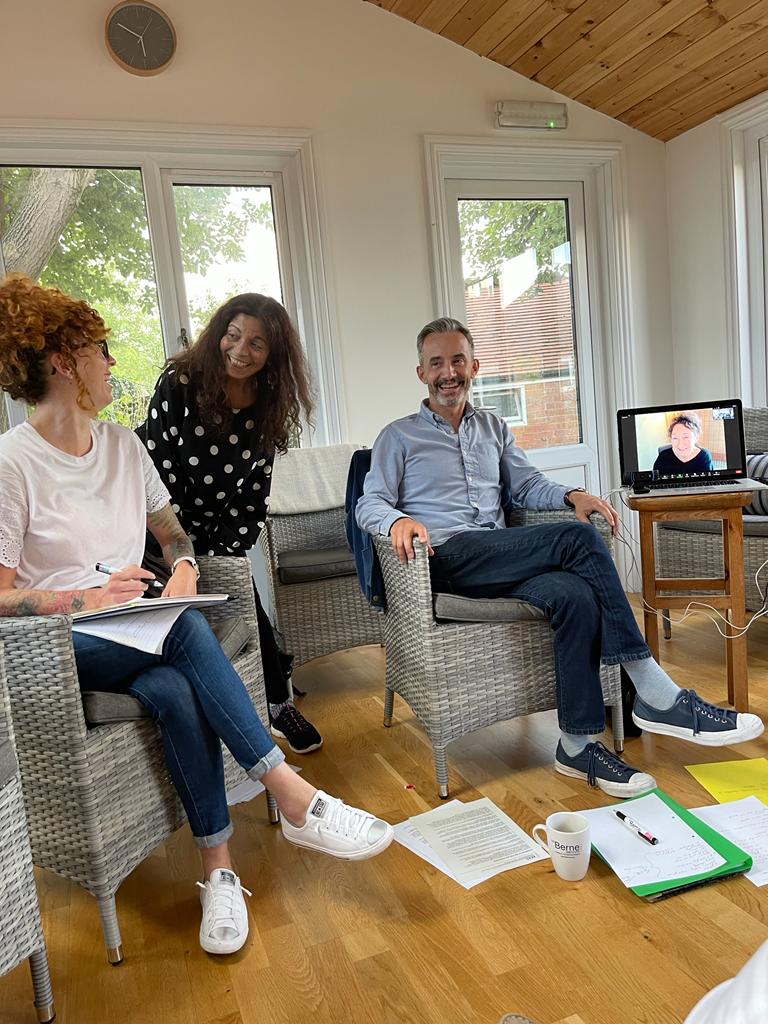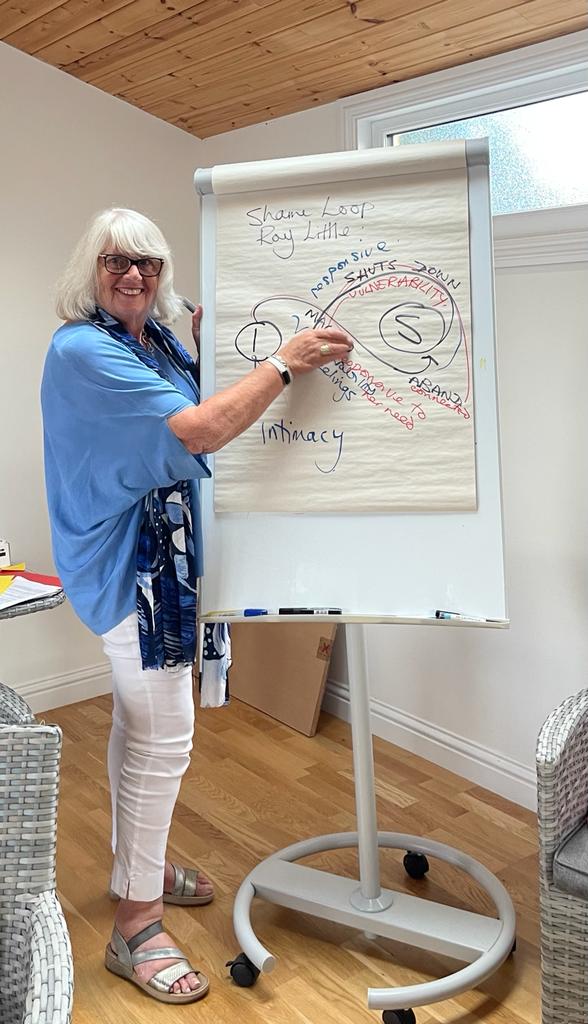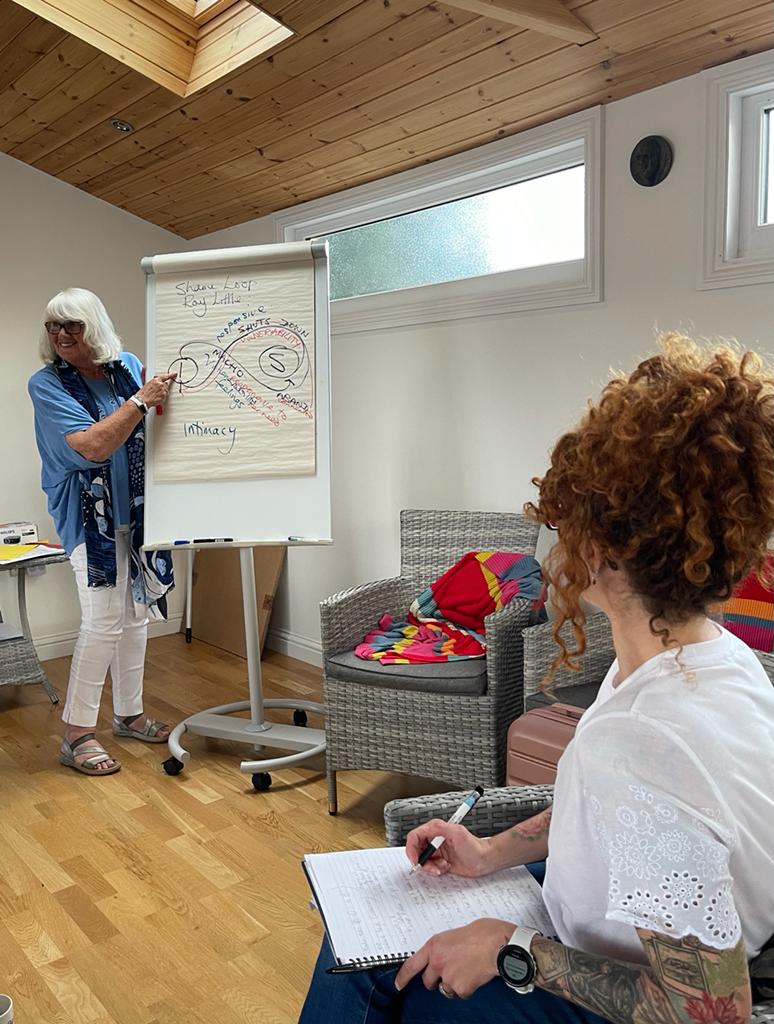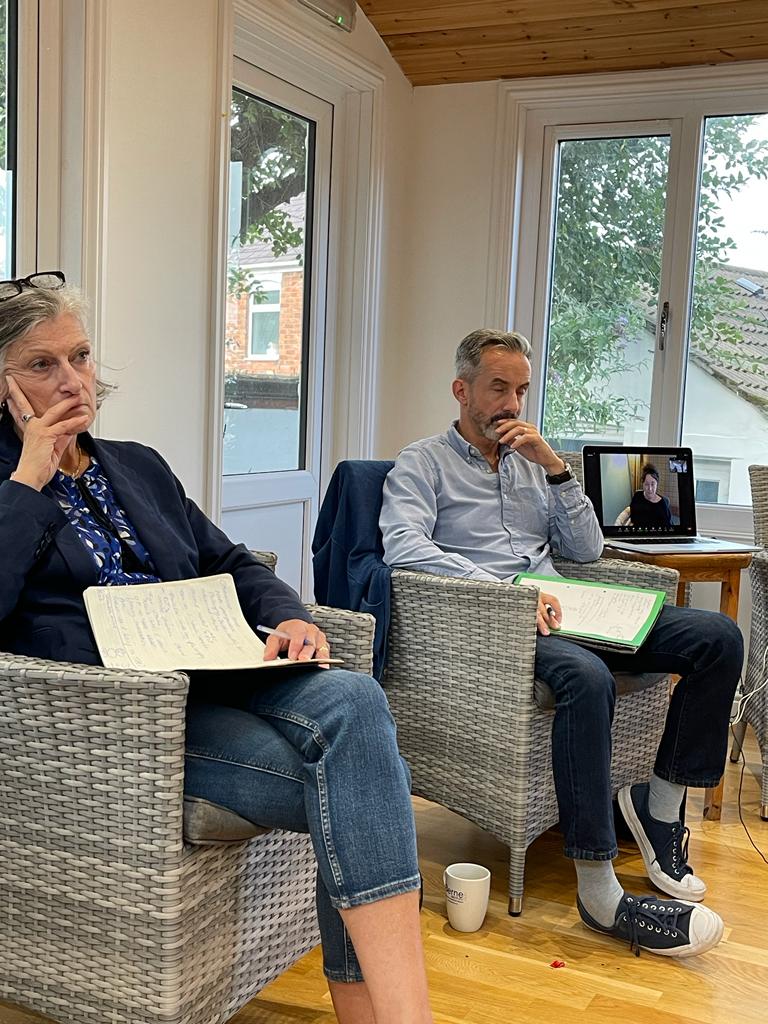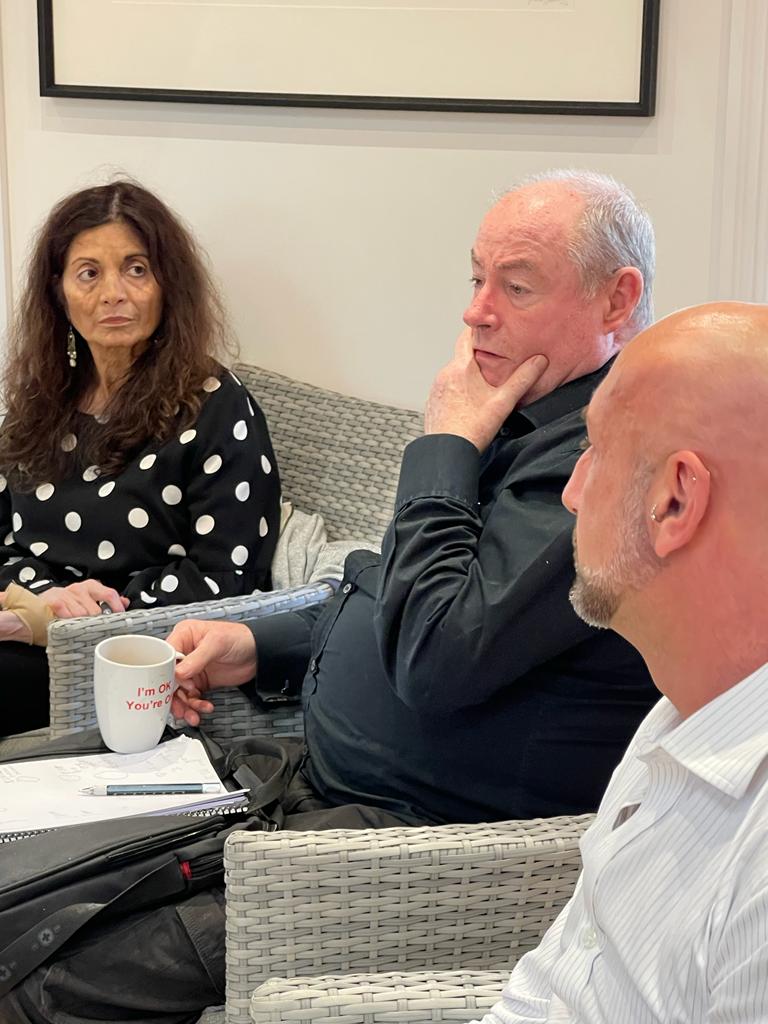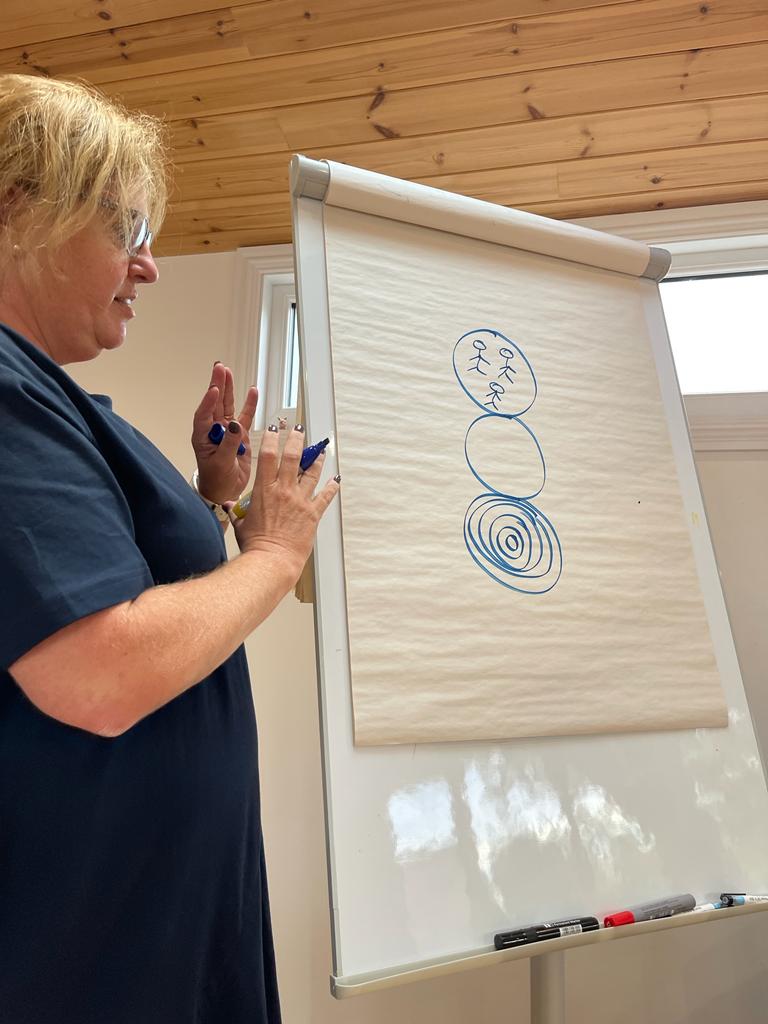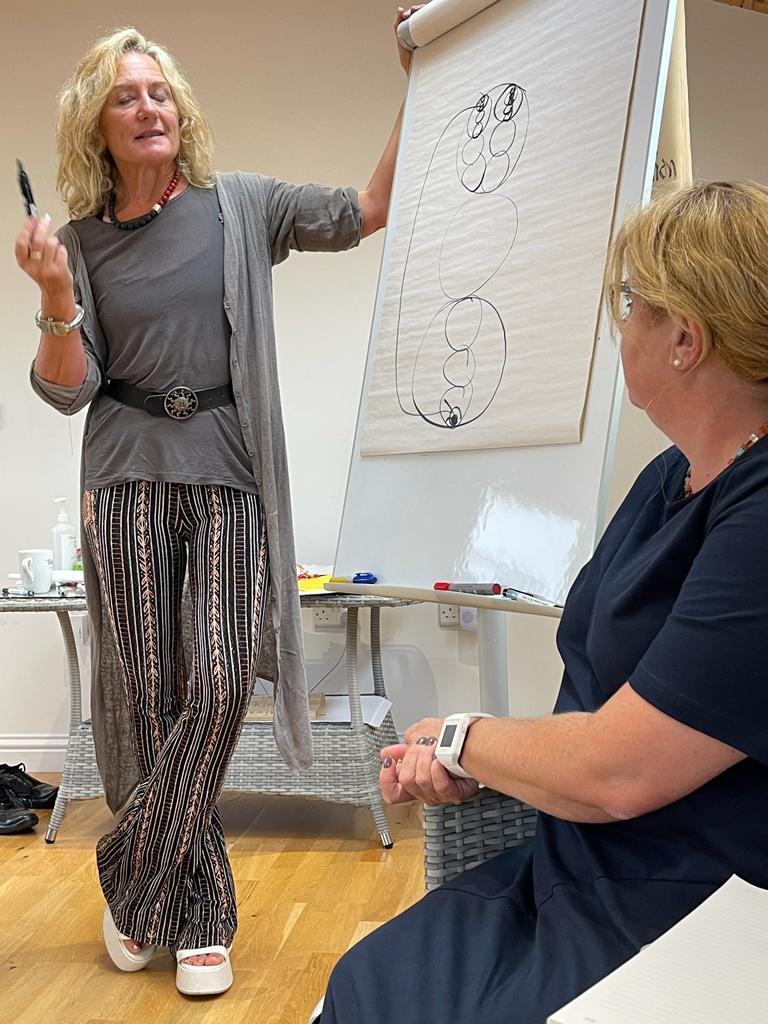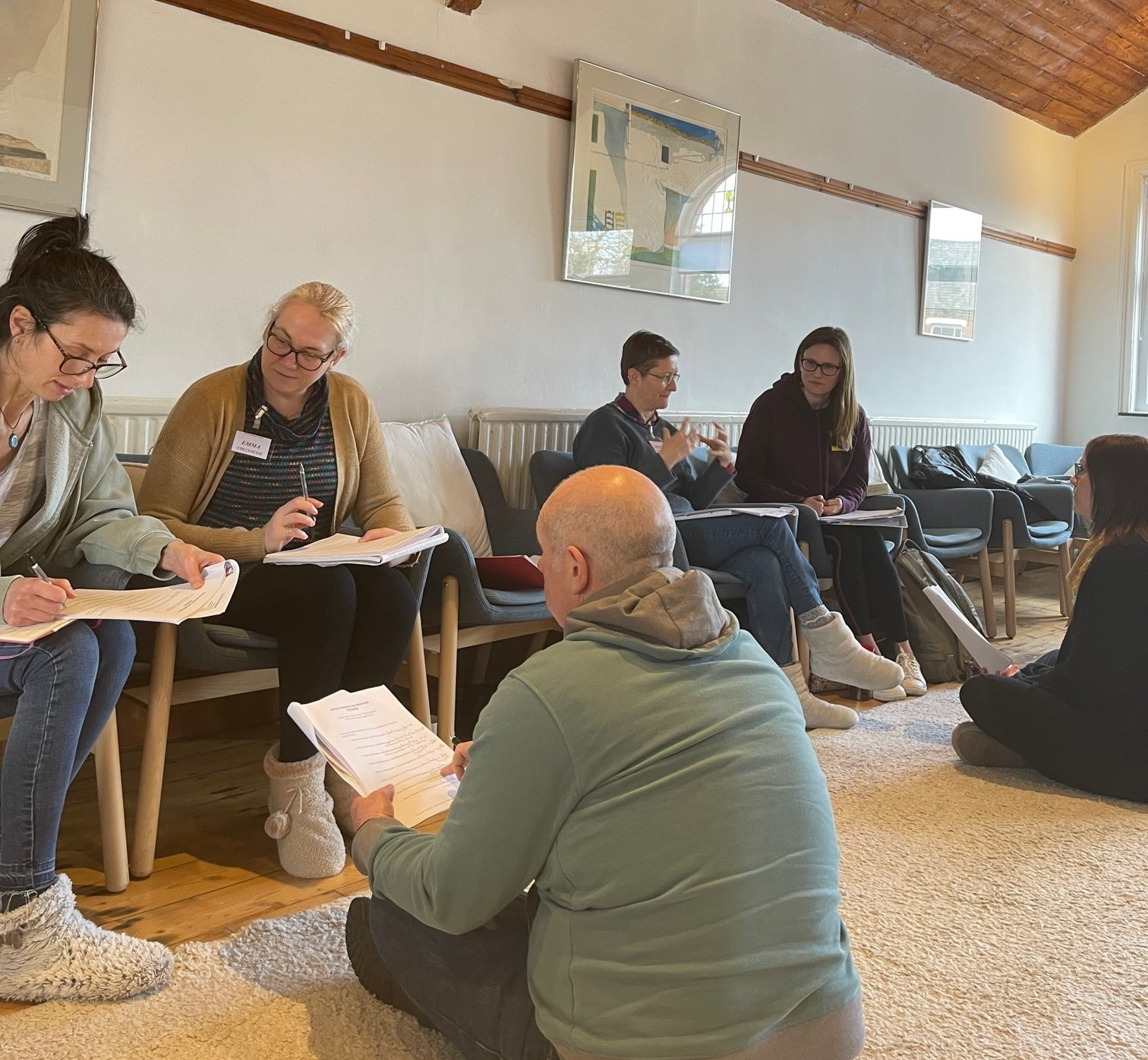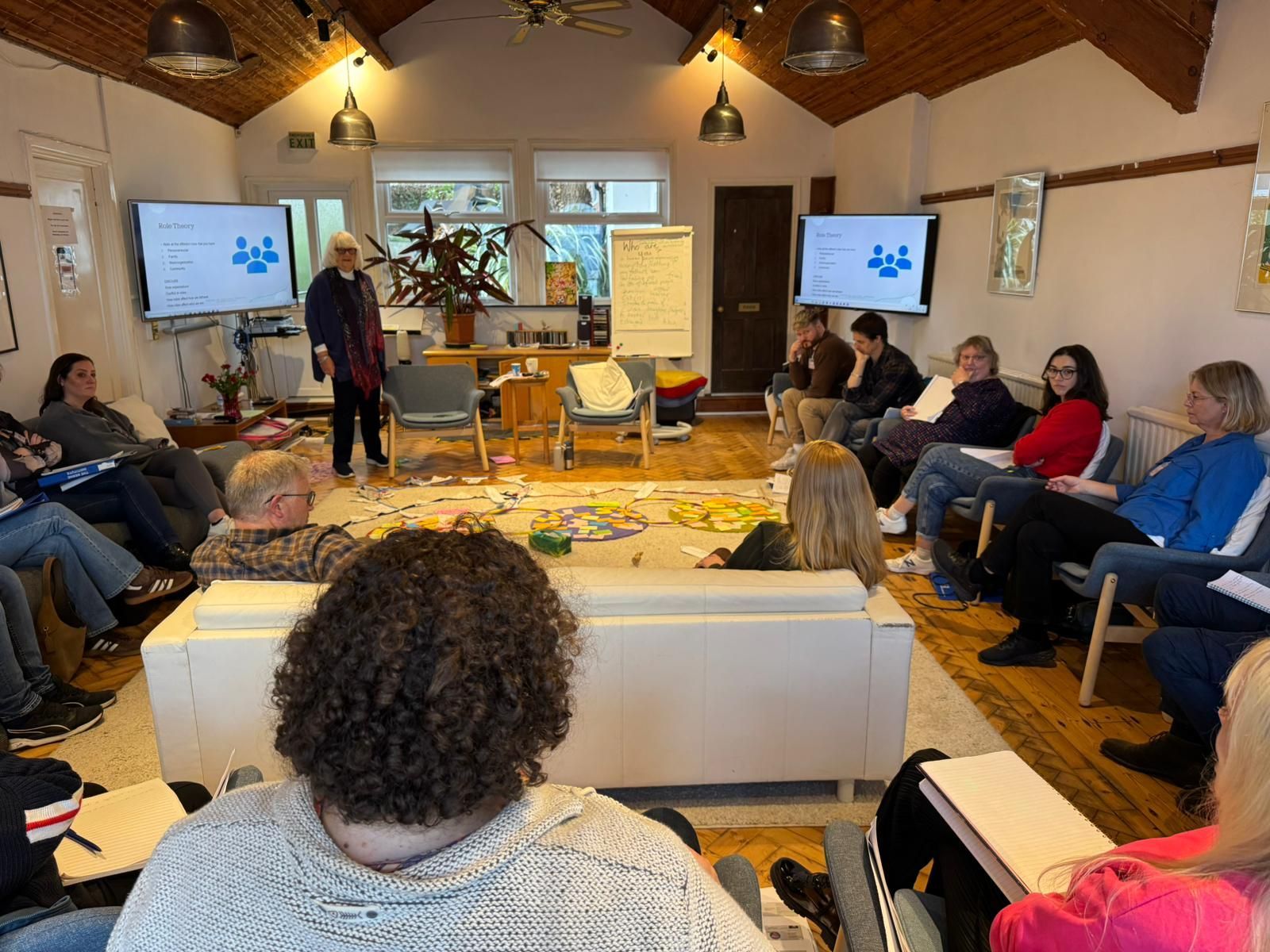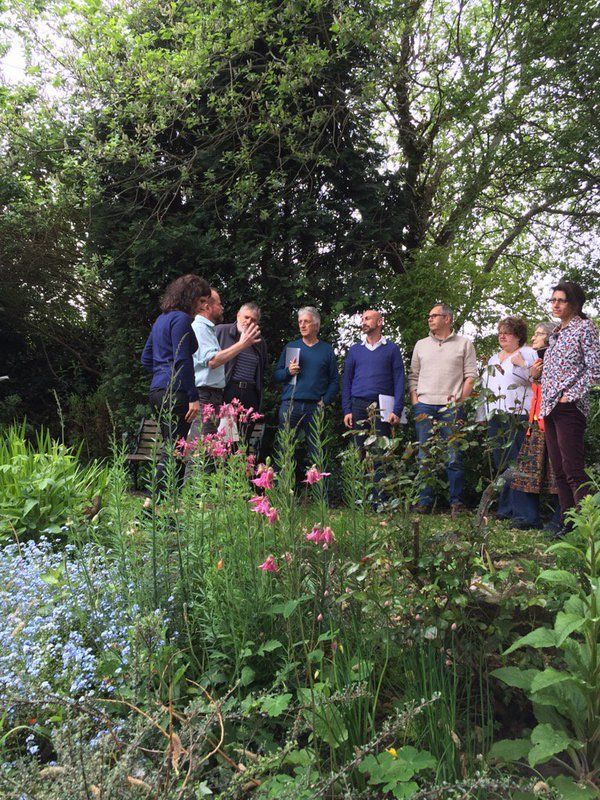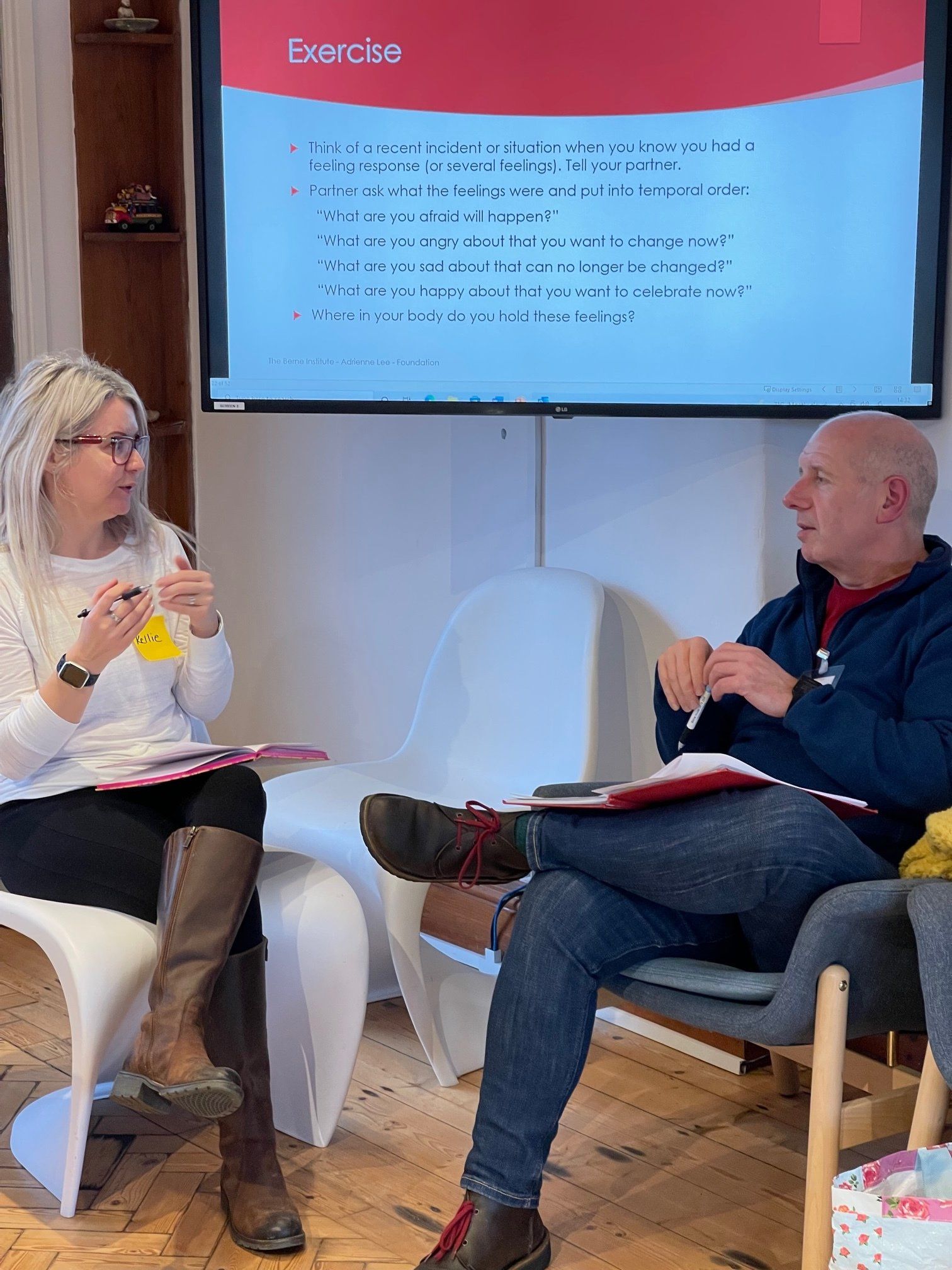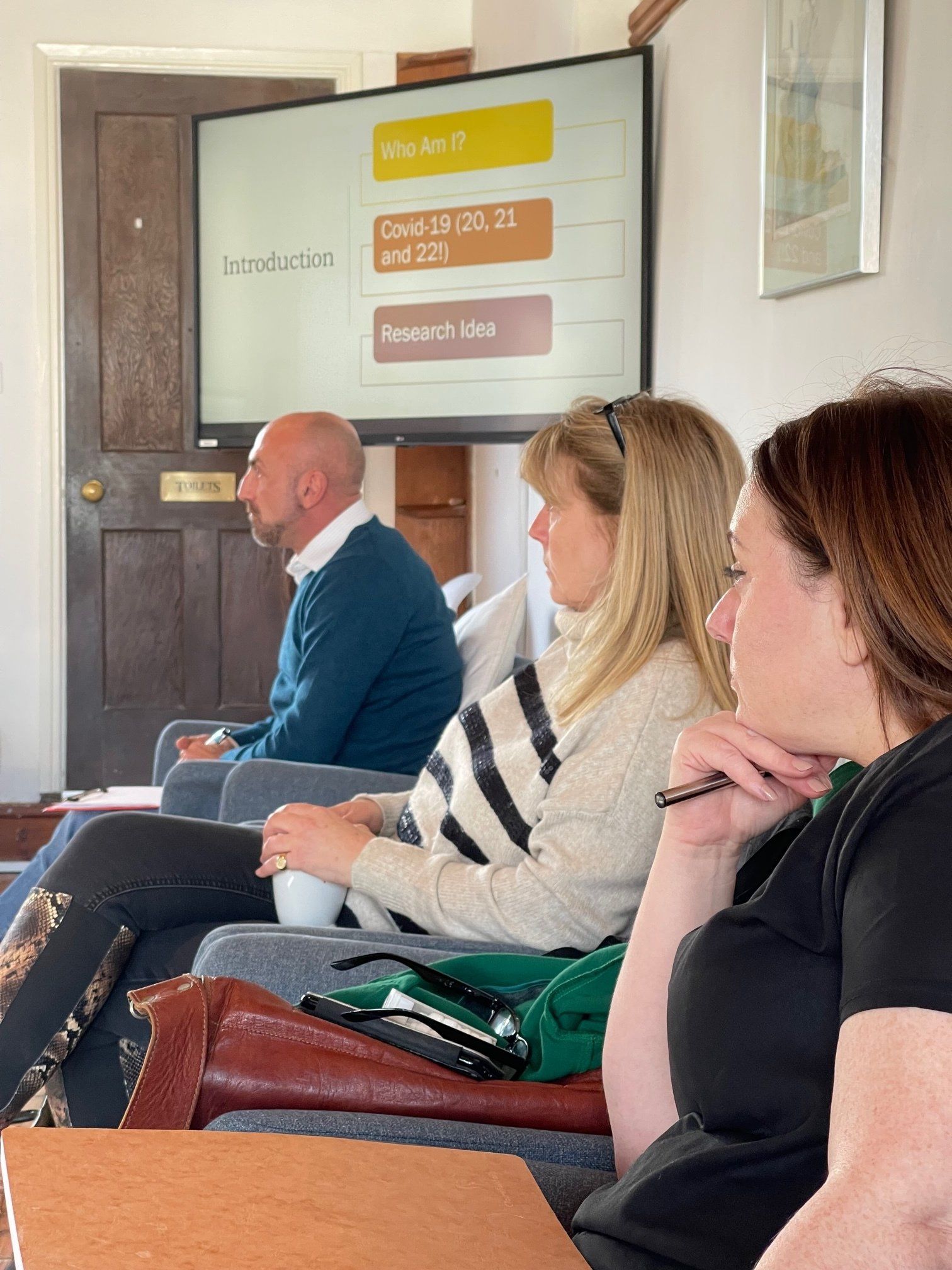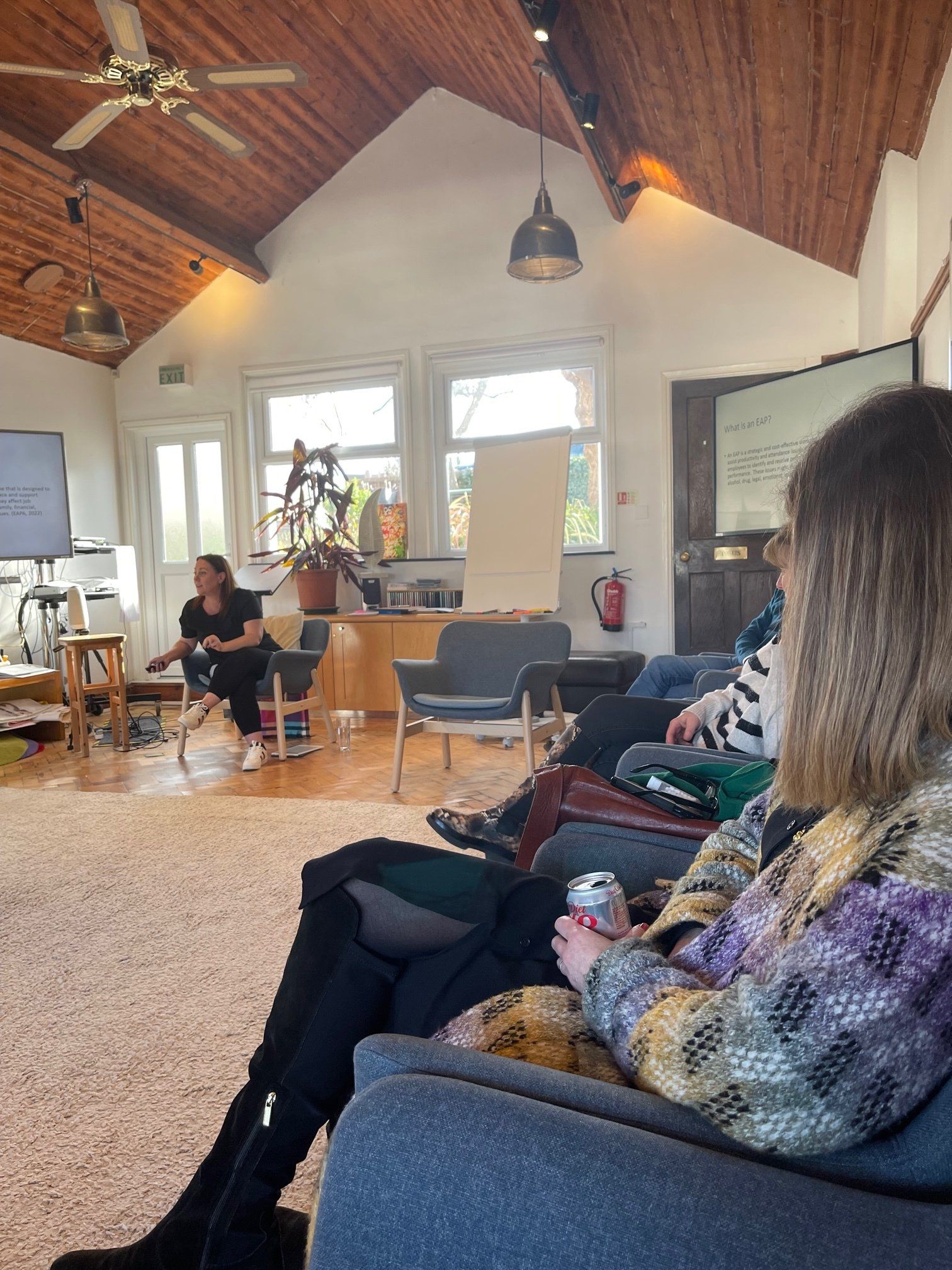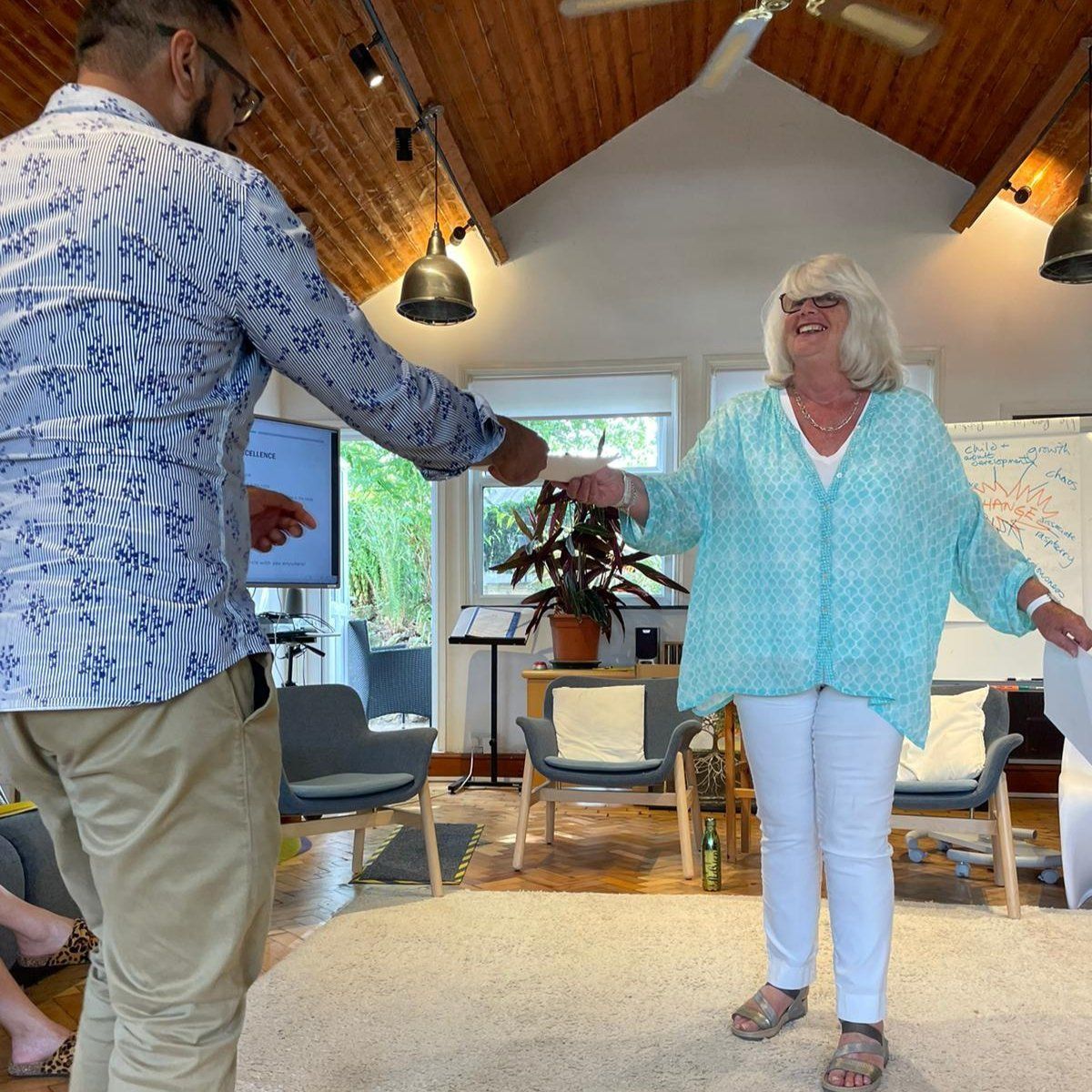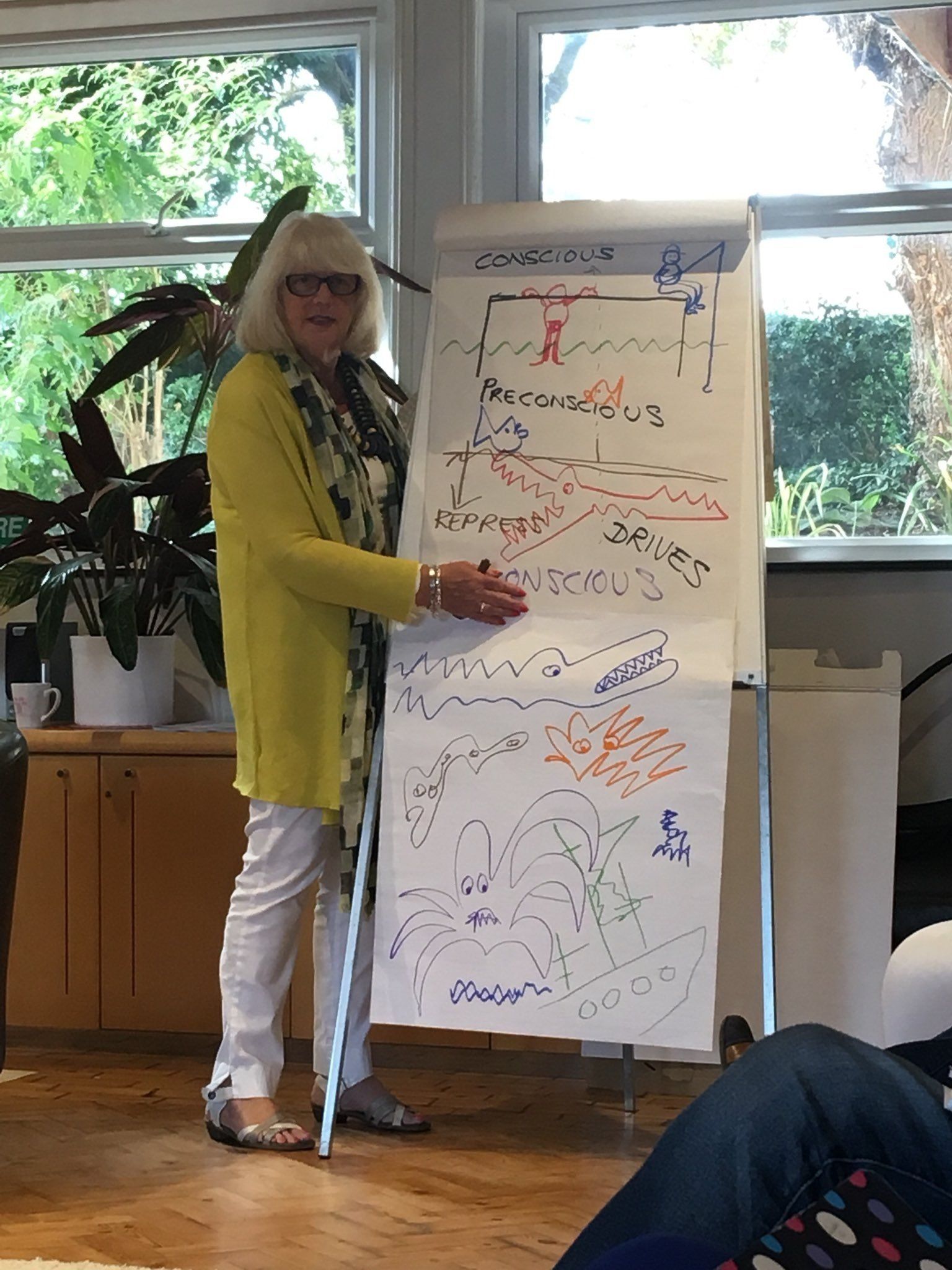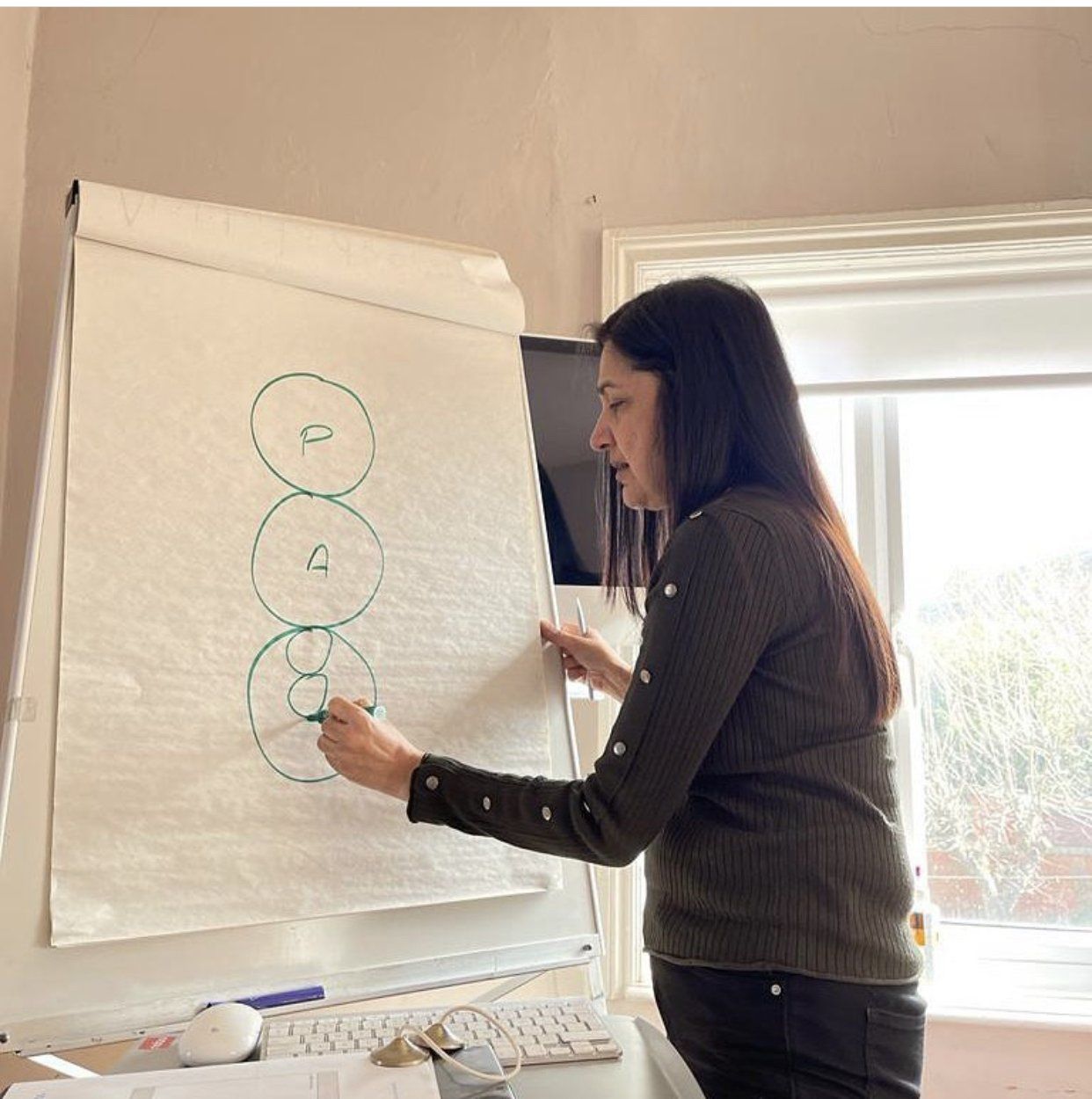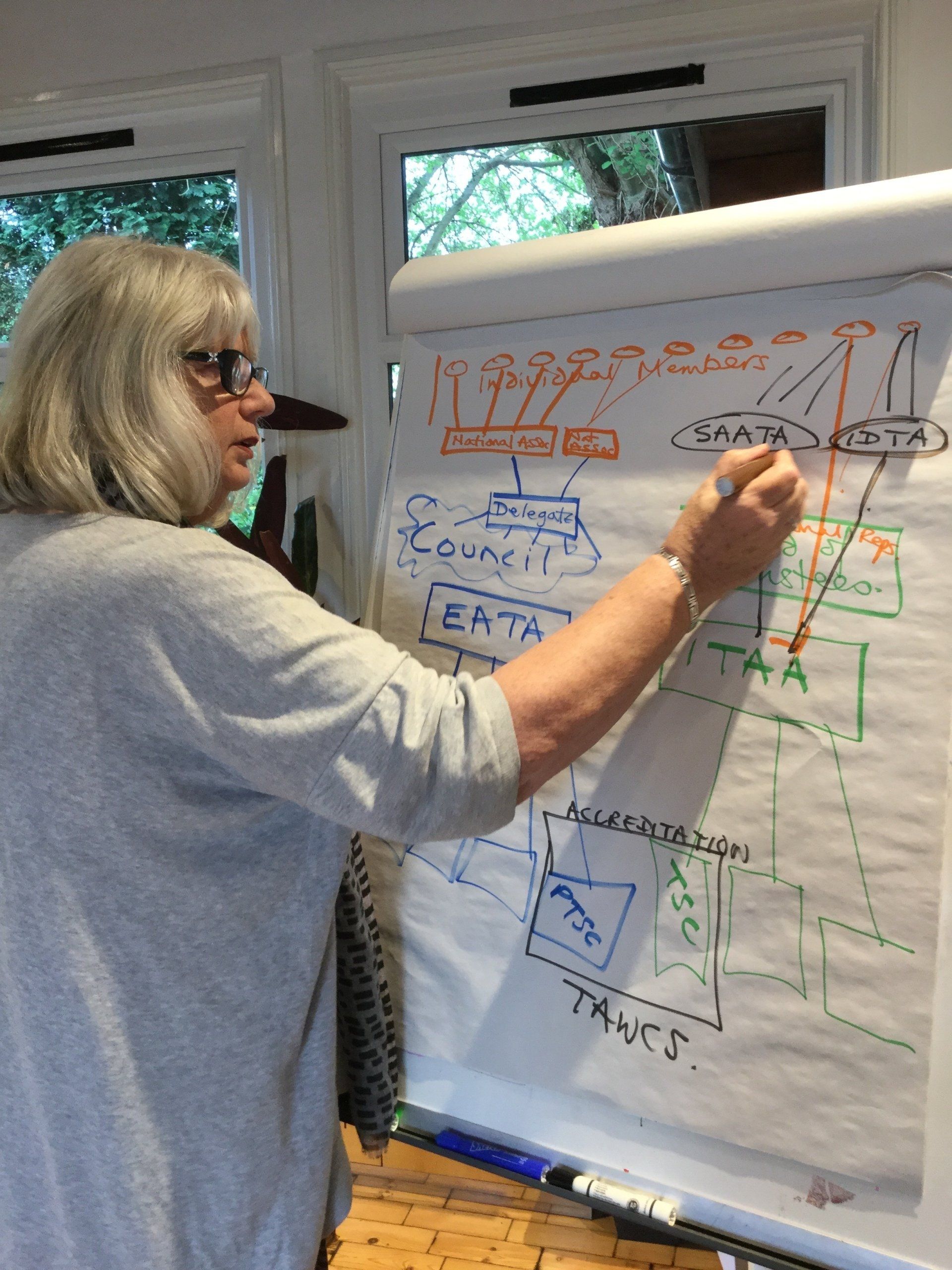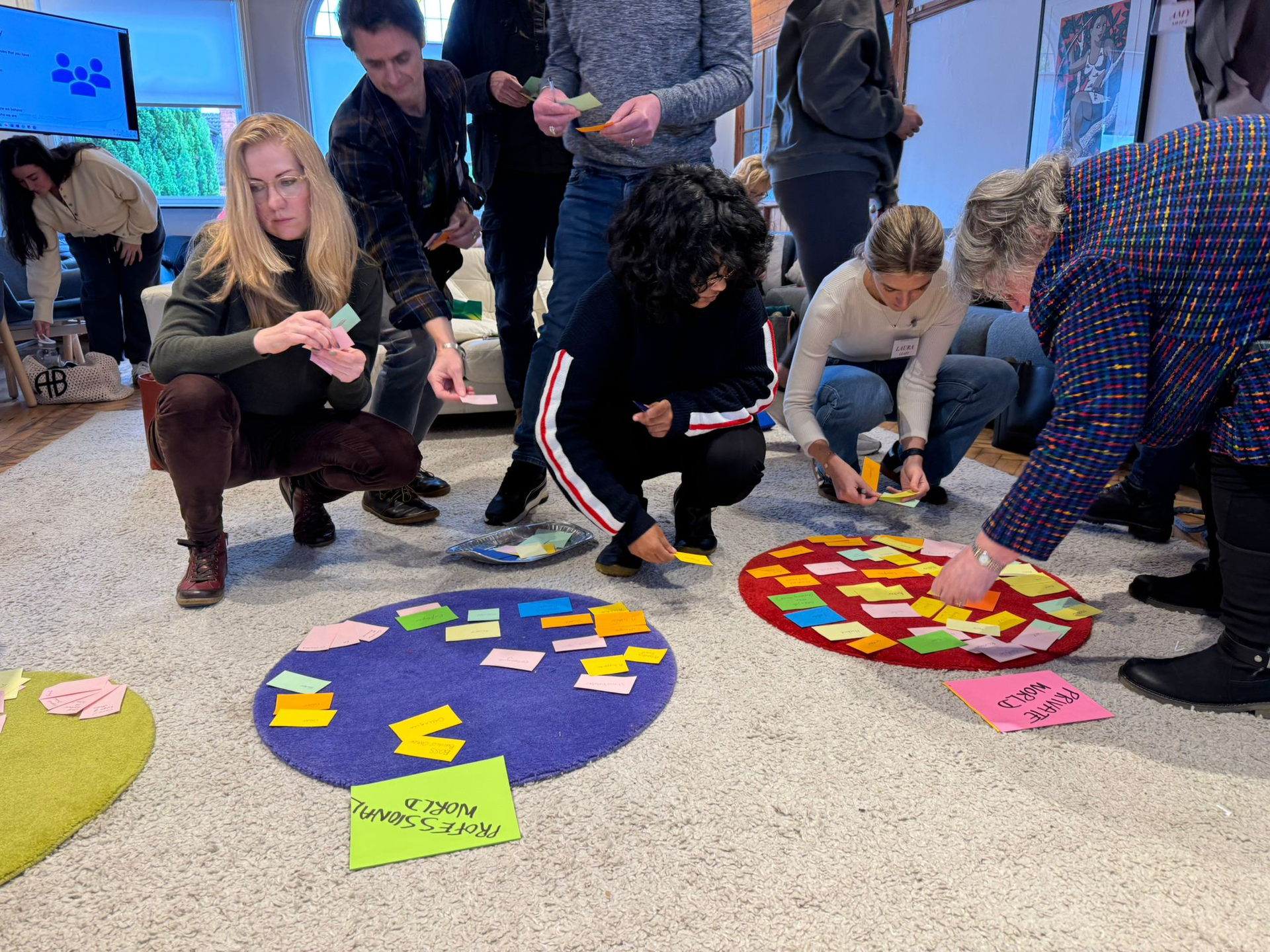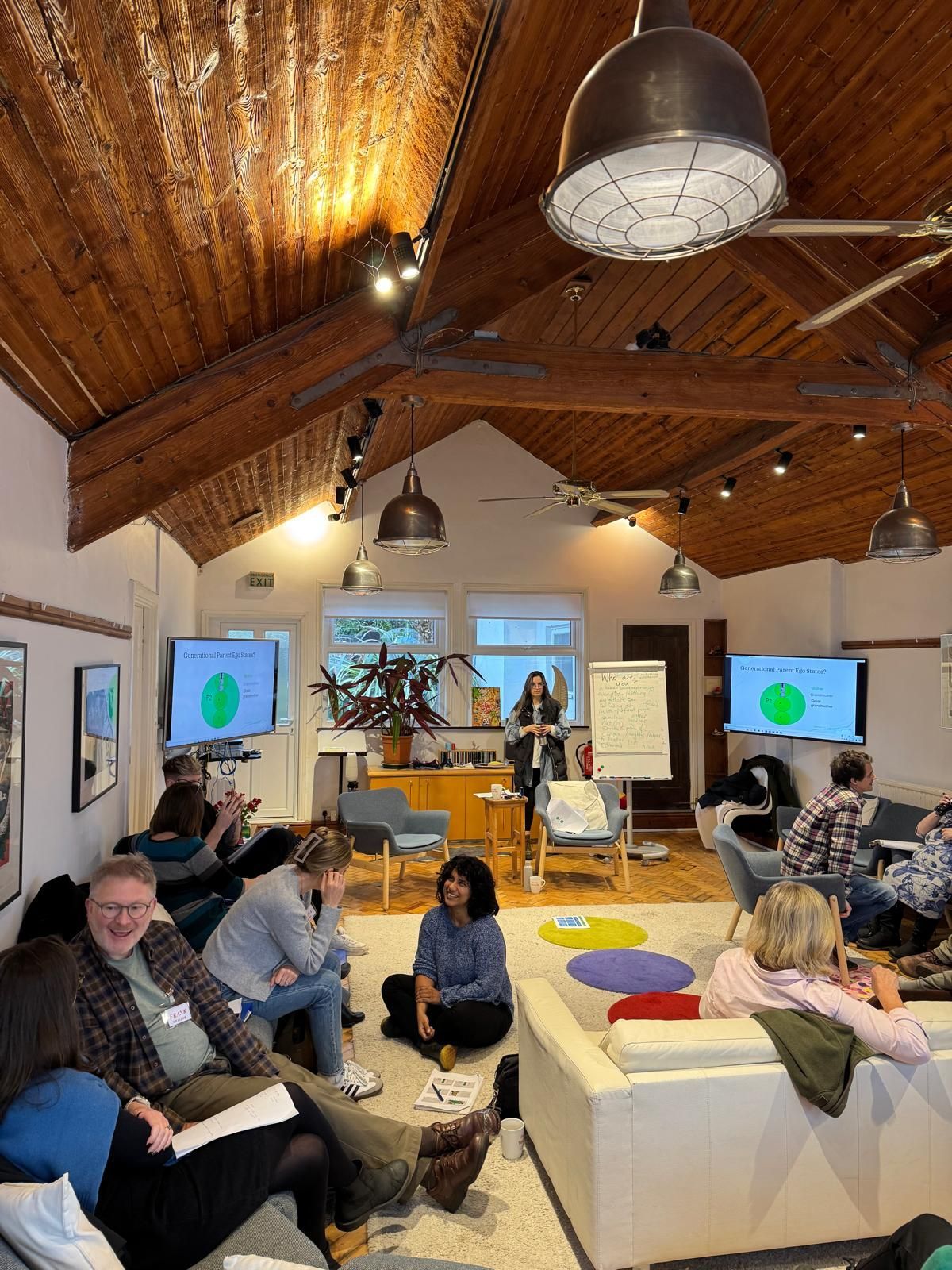Professional Supervision
Postgraduate Diploma or Master's Degree
Online and at Berne House
Overview of Course Content
A unique opportunity to train with a special partnership of esteemed and experienced trainers and supervisors in Psychotherapy, Organisational, Educational and Counselling Supervision
The course will start with an online half day ‘Engagement’ Session’ and is followed by six units - a mix of online and at Berne House, in which the core elements of effective supervision will be introduced and explored.
Each Unit will provide group process, theoretical teaching, group discussion, presentations, supervised supervision practice with peer assessment and feedback. Note students will also need to engage in self-study and in skills practice and attend the three-day Final Module in June.
Unit 1 will take place at Berne House, Units 2-5 will be separated into 8 one-day online workshops. Unit 6 is a three-day workshop involving integration and peer and self assessment at Berne House.
At any time there will be one, two or all three tutors facilitating the course.
* To apply please email office@theberne.com for an Application Form *
Fees and Dates
2025/26 Fees
Training and Postgraduate Diploma from Middlesex University £4800
MSc in Professional Supervision from Middlesex University additional £5350
There will be a Marking Fee of £150 for the assignments.
Payment may be made in instalments.
2025/26 Dates
Introduction 15 October 2025 Half Day Online
Unit 1 22/23
October at Berne House
Unit 2 19
November, 10 December Online
Unit 3 21 January 2026, 18 February Online
Unit 4 25 March, 29 April Online
Unit 5 27/28 May Online
Integration and Accreditation 23/24/25 June at Berne House
Tutors
Adrienne Lee TSTA(P)
Rosemary Napper TSTA(O,E,C)
Charlotte Sills TSTA(P)
Our Core Philosophy
At The Berne Institute we recognise that people come into TA training with widely differing experiences of clinical practice, theoretical knowledge and formal academic learning, and that they differ widely also in their current personal resources and skills. Our courses therefore honour the uniqueness of each individual’s learning and experience and their different learning styles, pace and areas of competence.
The philosophy and practice of Homonomy that respects our mutuality and interconnectedness has been recently integrated into the Berne Institute philosophy. The aim is to expand the focus in our theory and practice from individual change to include a focus on the wider implications of our work on the whole community and our planet.

